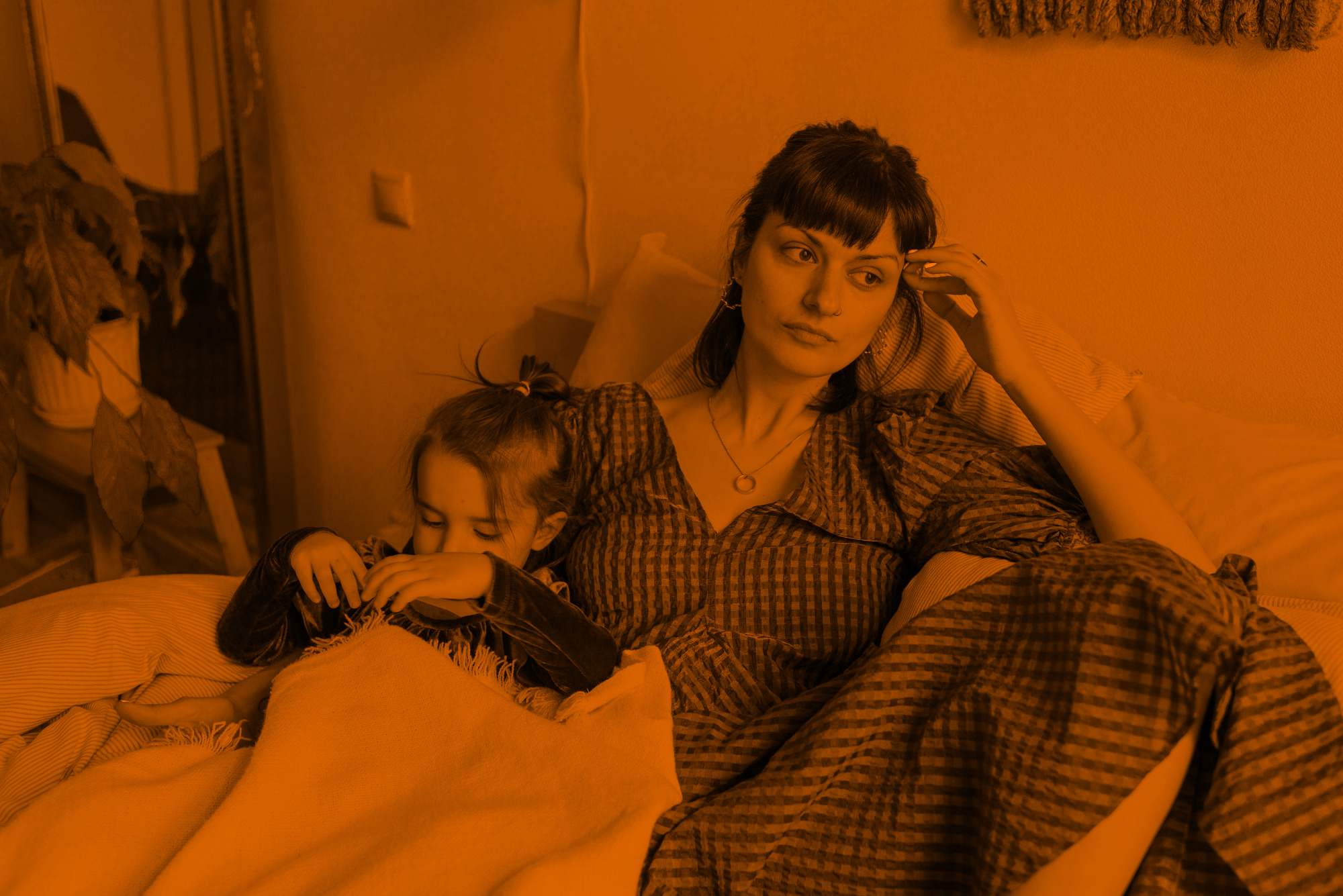When we consider who is part of a household and who shares the tasks and duties within the household, often the narrative is that another extra set of hands makes things easier. That is what the “time poverty” argument in research suggests: unmarried mothers are doubly disadvantaged by the absence of a spouse, while mothers with partners benefit from having someone to share in the paid work and household responsibilities.
Another argument explores the “gendered perspective” of marriage. Scholars have suggested that marriage intensifies gendered behaviour, meaning it reinforces how gender motivates and constrains behaviours in intimate relationships. An example is how a married women might feel responsible to provide homecooked meals for her partner, symbolic of her love and an extension of her femininity.
Sociologists Joanna Pepin, Liana Sayer, and Lynne Casper set out to put these theoretical perspectives to the test. They studied how the marital status of mothers (married, never-married, cohabiting, and divorced) affected their time allocation on childcare, housework, leisure, and sleep.
The researchers used American Time Use Surveys (ATUS) data between 2003-2012, consisting of a sample of over 23,000 mothers aged 18–54. Their results showed that partnered mothers (married or cohabiting) reported more housework and less leisure than non-partnered mothers. That is, mothers who were living with a male partner were more likely to spend more time on housework and have less free time. Partnered and non-partnered mothers reported they spent about the same amount of time providing childcare.
“…mothers who were living with a male partner were more likely [than single mothers] to spend more time on housework and have less free time.”
However, having another adult in the household in general reduced mothers’ time spent on housework and childcare (but it had no association with leisure and sleep). Having another presence in the household thus creates a time benefit for mothers. But as the authors note: “it is not just an additional pair of hands that is important; to whom those hands belong also matters.” In other words, when there is other familial support, there is a reduction in mothers’ time spent on housework and childcare, but this is not true when they are living with a male partner.
The research supports the “gendered perspective” thesis and not the “time poverty” thesis, because married mothers spent more time in housework and less time in leisure and sleep (among employed mothers) than other mothers. As other scholars have theorized, the family becomes a site of “performing” gender.
How can this site of disparate time use be mitigated? Dr. Pepin urges that beyond simply understanding time use, it is important to focus on other attributes that might contribute to inequalities. She adds: “It’s important to remember that both women and men respond to incentives and constraints. So long as the average woman earns less than the average man, it isn’t surprising that married women might look at their contribution to home life as an important part of their identity. Therefore, gender pay equity may play an important role. Men are constrained by expectations that they provide financially for their families, which often requires prioritizing paid work over family time, and long work hours can impede their contributions at home. Policies that facilitate, even encourage, fathers’ involvement in family life may be another way to disrupt the unequal burden of housework and leisure time between mothers and fathers.”
“…when there is other familial support, there is a reduction in mothers’ time spent on housework and childcare, but this is not true when they are living with a male partner.”
As remote work and hybrid workplaces have become more common after the pandemic, researchers have looked at how gender inequality in households should continue to be a focal point. Dr. Pepin elaborates that a key future research direction on time use in households would be to determine which families might benefit from remote/hybrid workplace policies, under what types of circumstances, and for which types of tasks.
Research brief prepared by:
Title
Marital Status and Mothers’ Time Use: Childcare, Housework, Leisure, and Sleep
Author
Joanna R. Pepin, Liana C. Sayer, Lynne M. Casper
Source
Demography
Published
2018
DOI
10.1007/s13524-018-0647-x
Link
https://pubmed.ncbi.nlm.nih.gov/29423629/







